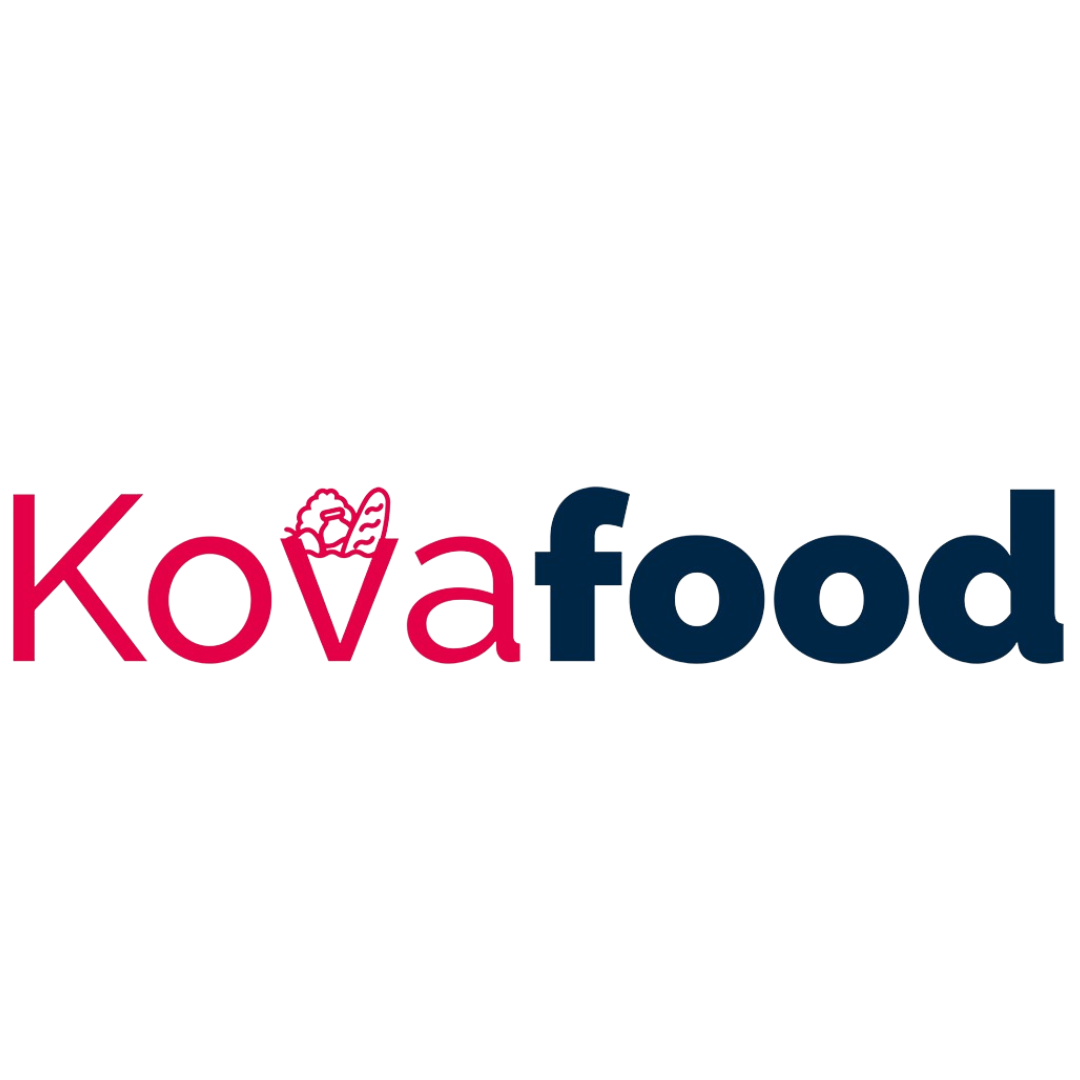Cassava processing in Nigeria is a significant industry, with the country being the world's largest producer of cassava.
The crop is processed into a variety of products, including food, animal feed, and industrial starch.
Traditional Processing Methods
Traditionally, cassava is processed using labor-intensive methods that are often time-consuming and inefficient. These methods include:
- Grating: Cassava roots are grated into pulp using a grater or a motorized grater.
- Fermentation: The grated cassava pulp is fermented to reduce cyanide content and improve the taste and texture of the final product.
- Drying: The fermented pulp is dried in the sun or in a dryer to produce garri, a popular Nigerian food.
- Sieving: The dried cassava is sieved to separate the fine flour from the coarse particles.
Modern Processing Methods
In recent years, there has been a shift towards modern processing methods that are more efficient and produce higher-quality products. These methods include:
- Mechanized grating: Cassava roots are grated using machines, which significantly reduces processing time and labor costs.
- Continuous fermentation: Cassava pulp is fermented in a continuous flow process, which improves efficiency and reduces the risk of contamination.
- Drying in dryers: Cassava is dried in dryers, which is more efficient and produces a more consistent product than sun drying.
- Sieving and milling: Cassava is sieved and milled to produce different grades of flour, which can be used for various purposes.
Challenges and Opportunities
The cassava processing industry in Nigeria faces a number of challenges, including:
- Lack of access to finance: Many small-scale processors lack access to finance, which limits their ability to invest in modern equipment and technology.
- Poor infrastructure: Poor roads and inadequate electricity supply hinder the transportation and processing of cassava.
- Low levels of technology adoption: Many processors still rely on traditional methods, which are less efficient and produce lower-quality products.
Despite these challenges, the cassava processing industry in Nigeria has significant potential for growth. The increasing demand for cassava products, both domestically and internationally, presents a significant opportunity for the industry. Additionally, government initiatives to support the sector, such as the Cassava Revolution in Africa initiative, are helping to address some of the challenges facing the industry.
Overall, cassava processing in Nigeria is a vital sector that plays a significant role in the country's economy. As the industry continues to evolve, it is expected to create more jobs and contribute to the country's economic growth.




Comments (0)
There are no comments for this article. Be the first one to leave a message!